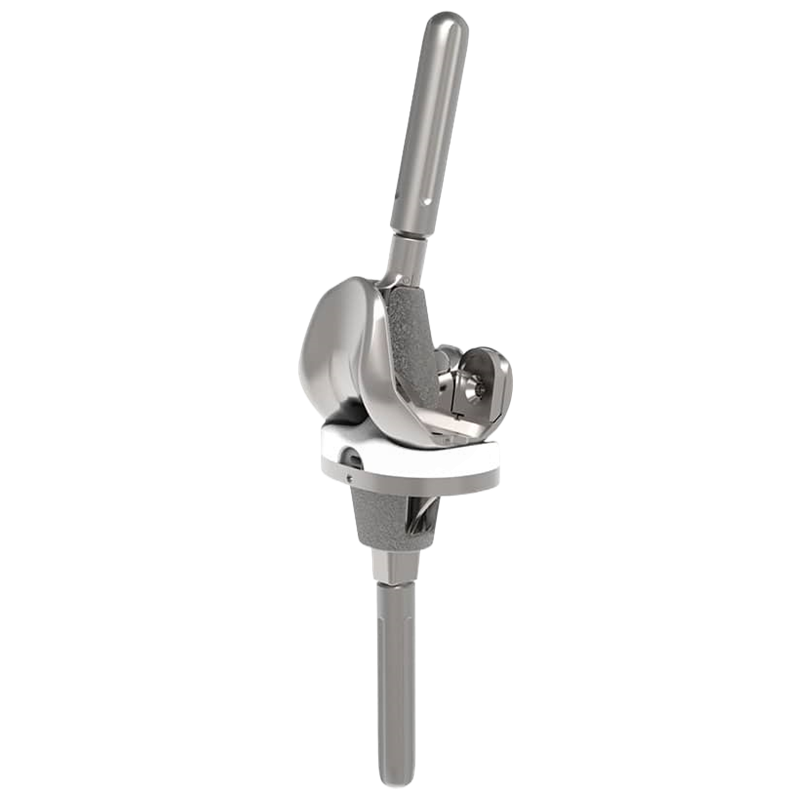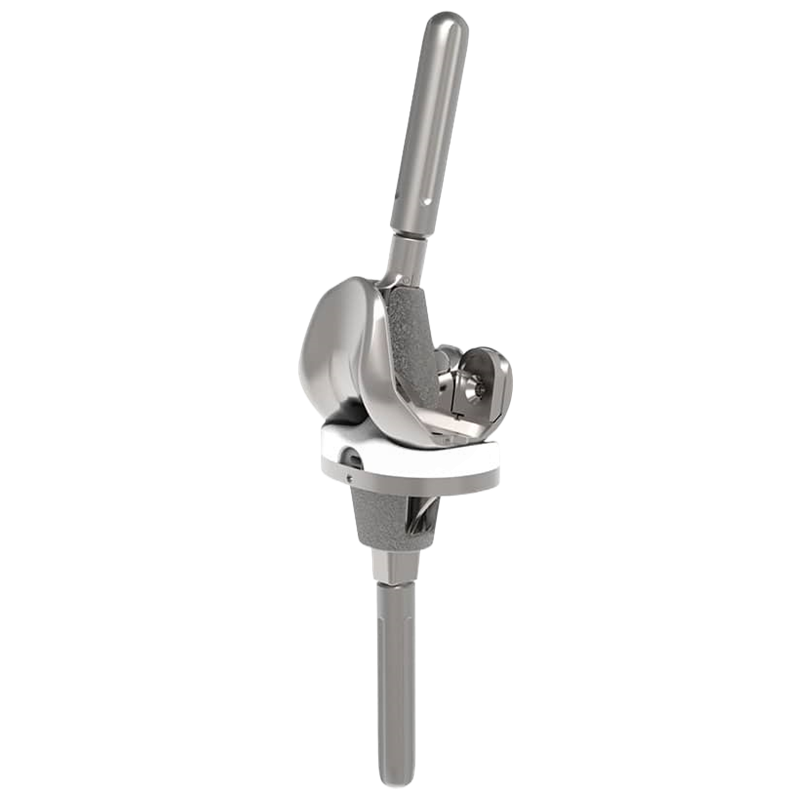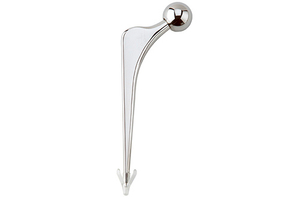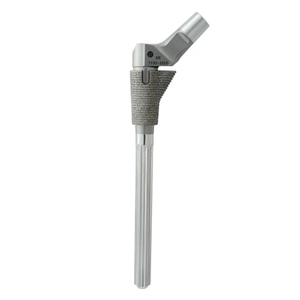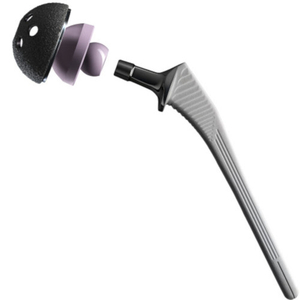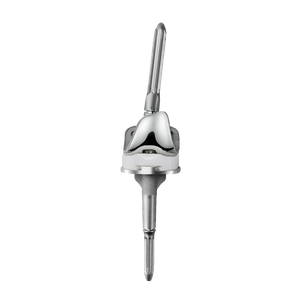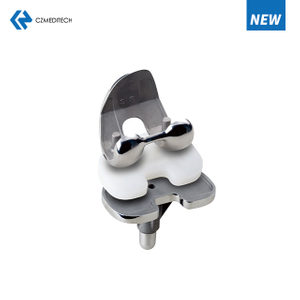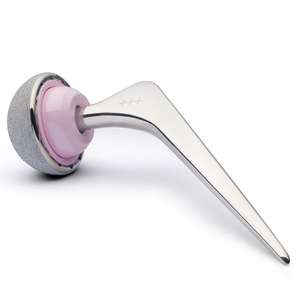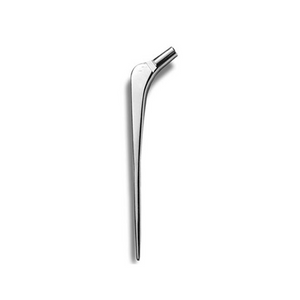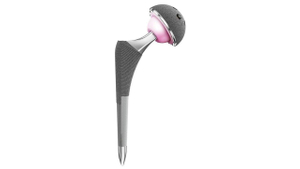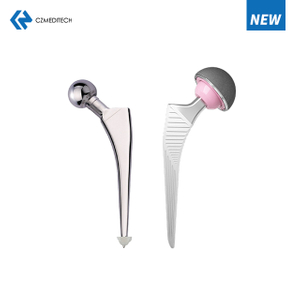Revision Total Knee System: Improving Outcomes for Knee Replacement Patients
Knee replacement surgery is a common procedure performed to relieve pain and restore function in patients with severe knee joint problems. Although most knee replacement surgeries are successful, there are instances where a revision surgery may be necessary. A revision total knee system (RTKS) is a specialized implant designed to improve outcomes in patients who require a second knee replacement procedure.
What is a Revision Total Knee System?
A revision total knee system (RTKS) is a prosthetic implant designed for patients who have undergone a primary total knee replacement but require a second knee replacement procedure due to complications or implant failure. The RTKS is a more complex implant than the primary total knee system (PTKS) and requires a higher degree of surgical expertise to implant.
The RTKS implant has several components, including a femoral component, a tibial component, and a patellar component. These components are made from a variety of materials, such as metal, ceramic, or polyethylene, and are designed to mimic the natural movement and stability of a healthy knee joint.
When is a Revision Total Knee System Necessary?
A revision total knee system may be necessary for several reasons, including implant loosening, instability, or wear, infection, or bone loss. Patients who experience these complications may require a revision surgery to replace the implant and restore function to the affected knee joint.
Patients who undergo a primary total knee replacement are generally older and may have other health issues that can increase the risk of complications. In some cases, patients may experience complications even after a successful primary knee replacement surgery.
How is a Revision Total Knee System Procedure Performed?
The RTKS procedure is a more complex surgery than the primary total knee replacement surgery and requires a higher degree of surgical expertise. The procedure typically takes longer to perform and may involve additional steps, such as bone grafting or the use of specialized implants to address bone loss or instability.
The RTKS procedure involves removing the existing implant and replacing it with a new implant. The surgeon will carefully evaluate the extent of damage to the affected knee joint and determine the appropriate implant components to use. The implant components are then attached to the bone using screws, cement, or other fixation methods.
Advantages of a Revision Total Knee System
The RTKS offers several advantages over the primary total knee system, including improved stability, durability, and longevity. The RTKS implant is designed to provide greater support and stability to the knee joint, reducing the risk of implant loosening or wear.
The RTKS implant is also more durable than the primary total knee system and can last up to 20 years or longer with proper care and maintenance. The RTKS implant is made from advanced materials that are designed to resist wear and tear and maintain their strength and stability over time.
Risks and Complications
As with any surgical procedure, there are risks and potential complications associated with the RTKS procedure. These risks include infection, bleeding, blood clots, nerve or blood vessel damage, and implant failure. Patients who undergo the RTKS procedure should discuss these risks with their surgeon and follow all post-operative instructions carefully to minimize the risk of complications.
Conclusion
A revision total knee system is a specialized prosthetic implant designed for patients who require a second knee replacement procedure. The RTKS offers several advantages over the primary total knee system, including improved stability, durability, and longevity. Although the RTKS procedure is more complex than the primary total knee replacement surgery, it can provide significant benefits for patients who experience complications or implant failure after their initial knee replacement surgery.
FAQs
Is a revision total knee system procedure more painful than a primary total knee replacement surgery?
How long does it take to recover from a revision total knee system procedure?
Recovery time from the RTKS procedure can vary depending on several factors, such as the patient's overall health and the extent of damage to the knee joint. Generally, patients can expect to spend several days in the hospital and several weeks at home recovering before returning to normal activities.
What can I do to minimize the risk of complications after the RTKS procedure?
Following all post-operative instructions carefully is essential to minimize the risk of complications after the RTKS procedure. This includes keeping the surgical site clean and dry, taking medications as prescribed, and attending all follow-up appointments with your surgeon.
Will I need physical therapy after the RTKS procedure?
Can a revision total knee system implant be replaced if it fails?
Yes, if the RTKS implant fails or becomes damaged, it can be replaced with a new implant. However, revision surgeries are generally more complex than primary knee replacement surgeries and may require additional procedures or techniques to address any underlying issues.


